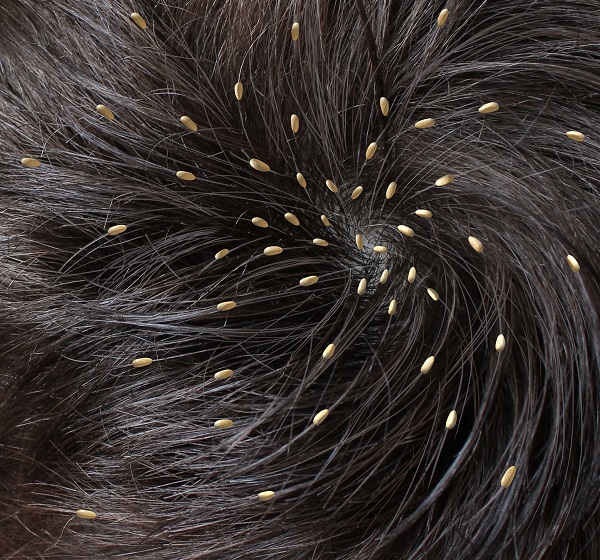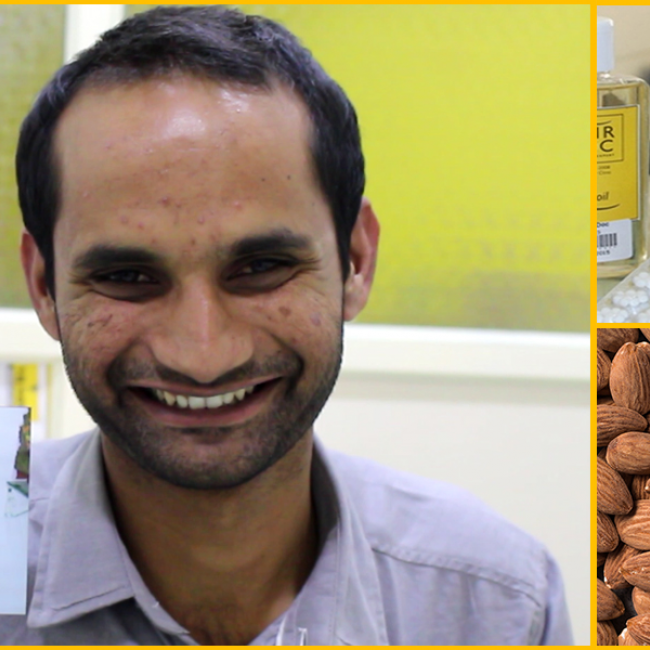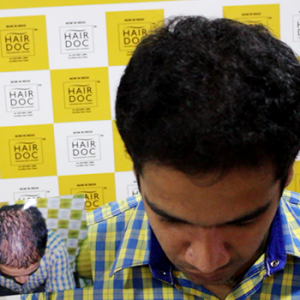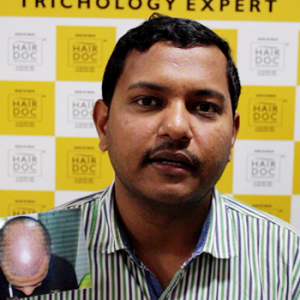
The bane of many children and indeed parents too, the head louse is a tiny, wingless parasitic insect that lives among human hair and feeds on extremely small amounts of blood drawn from the scalp. Lice (the plural louse) are a very common problem, especially for kids ages 3 years to 12 years (girls more often than boys).
Lice aren’t dangerous and they don’t spread disease, but they are contagious and can just be downright annoying. Their bites may cause a child’s scalp to become itchy and inflamed, and persistent scratching may lead to skin irritation and even infection.
Signs of Head Lice
Though very small, lice can be seen by the naked eye. What you or your doctor might see by thoroughly examining your child’s head :
- Lice eggs ( called nits ): These look like tiny yellow, tan, or brown dots before they hatch. After hatching, the remaining shell looks white or clear. Lice lay nits on their shafts close to the skin’s surface, where the temperature is perfect for keeping warm until they hatch. Nits look sort of like dandruff, only they can’t be removed by brushing or shaking them off. Unless the infestation is heavy, it’s more common to see nits in a child’s hair than it is to see live lice crawling on the scalp. Lice eggs hatch within 1 to 2 weeks after they’re laid.
- Adult lice and nymphs (baby lice) : The adult louse is no bigger than a sesame seed and is greyish-white or tan. Nymphs are smaller and become adult lice about 1 to 2 weeks after they hatch. Most lice feed on blood several times a day but they can survive up to 2 days off the scalp.
- Scratching: With lice bites come itching and scratching. However, the itching may not always start right away – that depends on how sensitive your child’s skin is to the lice. It can sometimes take weeks for kids with lice to start scratching. They may complain, though, of things moving around on or tickling their heads.





